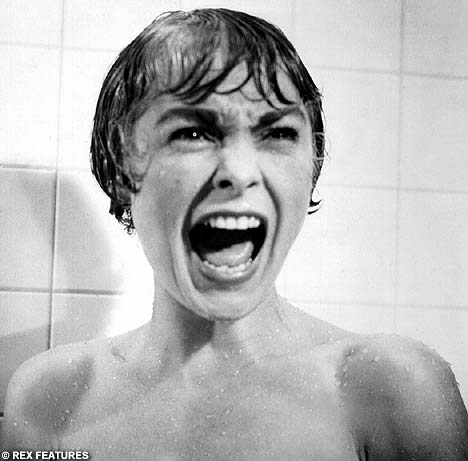Even though there is strong objection by law enforcement officers, a movement is being made to lower the legal drinking age from twenty-one to eighteen. The United States is one of the only countries whose legal drinking age is above eighteen. Seventy-eight percent of Americans are against this. However, I believe that lowering the legal drinking age from twenty-one to eighteen would have major positive effects.
One reason I believe the drinking age should be lowered to eighteen is because drinking is seen as “forbidden” among young adults. Therefore, high school kids and college students under the age of twenty-one are more likely to be binge drinkers. Since students don’t know for sure when they’ll be able to drink again, they try to drink as much as they can and get as drunk as possible. Among drinkers, thirty-two percent of under-age compared to twenty-four percent of legal age are heavy drinkers. Among college students, twenty-two percent of all students under twenty-one compared to eighteen percent over twenty-one years old are binge drinkers. According to the Institutes of Medicine, ninety percent of alcohol that is consumed by underage drinkers is during binge drinking. Between 1993 and 2001, eighteen to twenty year olds showed the largest increase in binge drinking episodes among Americans. Statistics clearly show that the twenty-one year old legal drinking age is not working.
The second reason I believe the drinking age should be lowered to eighteen is because a person is considered an adult at the age of eighteen. You can vote, adopt children, serve on a jury, and serve in the military. But despite all of these important responsibilities you are trusted with, you cannot buy or drink alcohol. This fact makes it not very surprising that a huge number of young people choose to drink under the age of twenty-one. If one might risk their life in war, why shouldn’t they be able to enjoy a beer?
Some opposers of the idea claim that the legal drinking age of twenty-one has saved more lives in vehicle fatalities. However, according to the National Highway Traffic Safety Administration, safety belts and air bags saved 18,000 lives in 2004, while the legal drinking age saved less than 2,000 lives. If you take a quick glance at the graphs, you will see that there has been a decline in traffic fatalities. However, the decline began in 1982, which is two years before the law changed. In addition, the decline has happened in every age group, not just people within the ages of eighteen and twenty-one. It is very likely that the decline in vehicle fatalities is caused by an increase in seat belt use, airbags, and safer cars.
The third reason I believe the legal drinking age should be lowered to eighteen is because even after 25 years of having a twenty-one year old drinking age, 5,000 young people under the age of twenty-one die of alcohol-related crashes every year. More than sixty percent of those deaths are a result of accidental injury, homicide, and suicide. Clearly, the legal drinking age of twenty-one is not working.
In conclusion, the legal drinking age should be lowered from twenty-one to eighteen because of the fact that minors are more likely to be binge drinkers, one is considered an adult at the age of eighteen, and because of the fact that the legal drinking age isn’t decreasing the number of alcohol-related fatalities. Young people need to be taught about responsible drinking at a younger age so alcohol-related fatalities can be prevented in the future. This can be done by lowering the legal drinking age from twenty-one to eighteen.
By Kelsey Johnson
Tuesday, November 10, 2009
Subscribe to:
Post Comments (Atom)




No comments:
Post a Comment